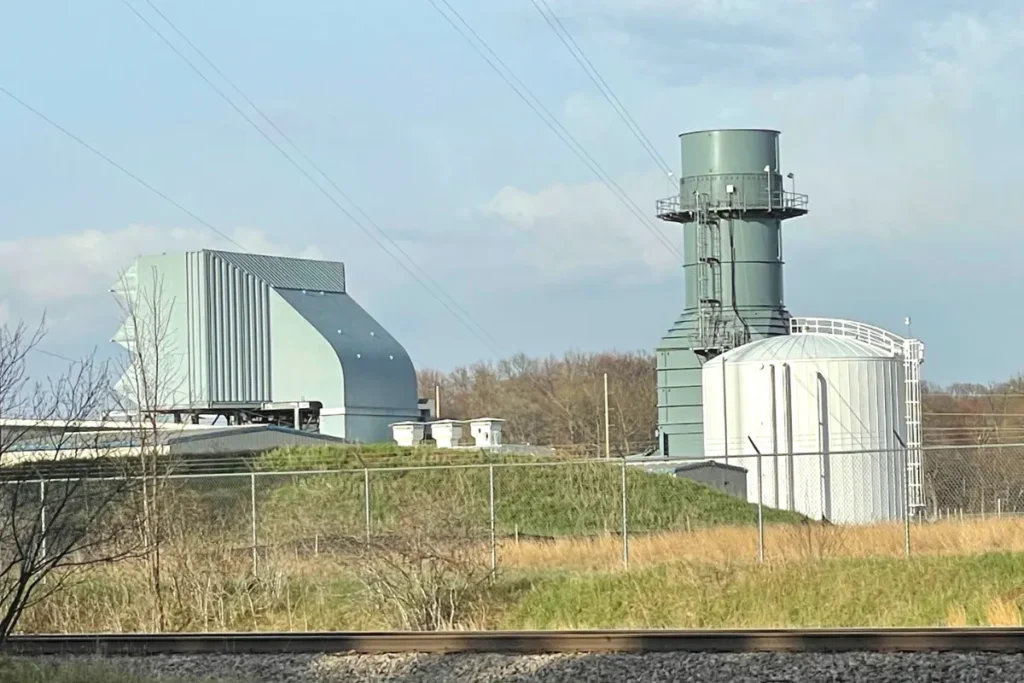Last week, the Minnesota Public Utilities Commission (Commission) ordered an environmental review of Great River Energy’s (GRE) plan to convert the Cambridge 2 natural gas peaking plant into a “dual fuel” facility—one that burns either natural gas or fuel oil. GRE called this proposal a “minor alteration” that was not subject to further review. But the Commission determined that the project has the potential for significant environmental impacts and granted the petition for environmental review submitted by CURE (Clean Up the River Environment), PEER (Public Employees for Environmental Responsibility), and the Sierra Club North Star Chapter.
Of particular concern to CURE, PEER, and the Sierra Club is the potential for increased hourly emission rates of carbon dioxide (CO2), sulfur dioxide (SO2), nitrogen oxides (NOX), particulate matter, mercury, and lead when the facility burns fuel oil. These pollutants contribute to poor air and water quality and can cause a variety of health issues including decreased lung function, aggravation of existing respiratory diseases like asthma, nonfatal heart attacks, and even premature death for those with heart or lung disease.
In reaching its decision, the Commission noted that “we’re talking about a pretty significant change in the facility,” which “at minimum” calls for the preparation of an Environmental Assessment Worksheet (EAW). Once completed, the EAW will identify potential environmental impacts and help the Commission determine whether a full environmental review is required, or if the proposed changes are in fact minor. CURE and PEER are pleased with the Commission’s decision and how it may benefit the health of rural residents, the environment, and GRE’s member-owners.
“GRE could save lives, and potentially money, opting for twenty-first century technology like batteries rather than doubling down on fossil fuels. We support the preparation of a full Environmental Impact Statement considering both cumulative impacts and better alternatives once this preliminary EAW is completed,” said Hudson Kingston, Litigation and Policy Attorney at PEER.
“Completing an EAW is a step in the right direction and will allow for a more transparent process in which rural electric cooperative member-owners can have a say in how they get their power,” said Sarah Mooradian, Government Relations and Policy Director at CURE. “We want to ensure that in preparing for changing power needs in a changing climate that GRE and other electricity generation and transmission companies don’t inadvertently exacerbate the problem by burning more fossil fuels and emitting more greenhouse gases.”
PUC staff have estimated that the Environmental Assessment Worksheet will be complete sometime in October 2022.
More information
EQB Monitor Notice: https://www.eqb.state.mn.us/sites/default/files/documents/June%2028%2C%202022_0.pdf
Additional Information about Cambridge 2: here
CURE (Clean Up the River Environment) is a rural-based democracy organization focusing on climate, energy, and water with offices in Montevideo, Minnesota. Our work strives to build grassroots community power to address the linkages between environmental challenges, societal inequities, and other systemic challenges facing our communities.
PEER supports current and former public employees who seek a higher standard of environmental ethics and scientific integrity within their agencies. We do this by defending whistleblowers, shining the light on improper or illegal government actions, working to improve laws and regulations, and supporting the work of other organizations.


